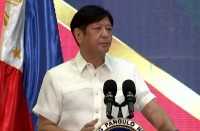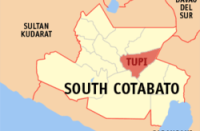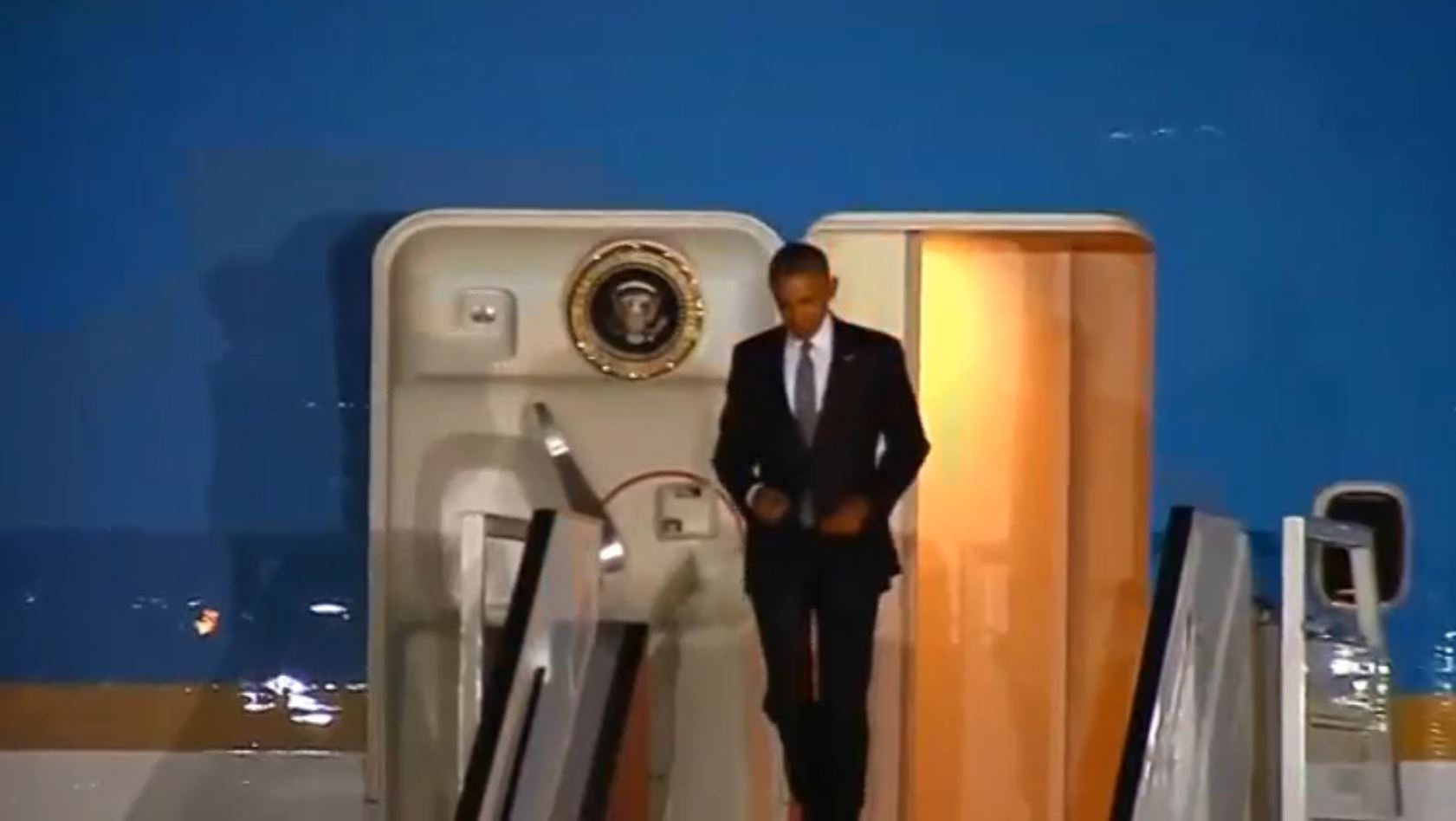
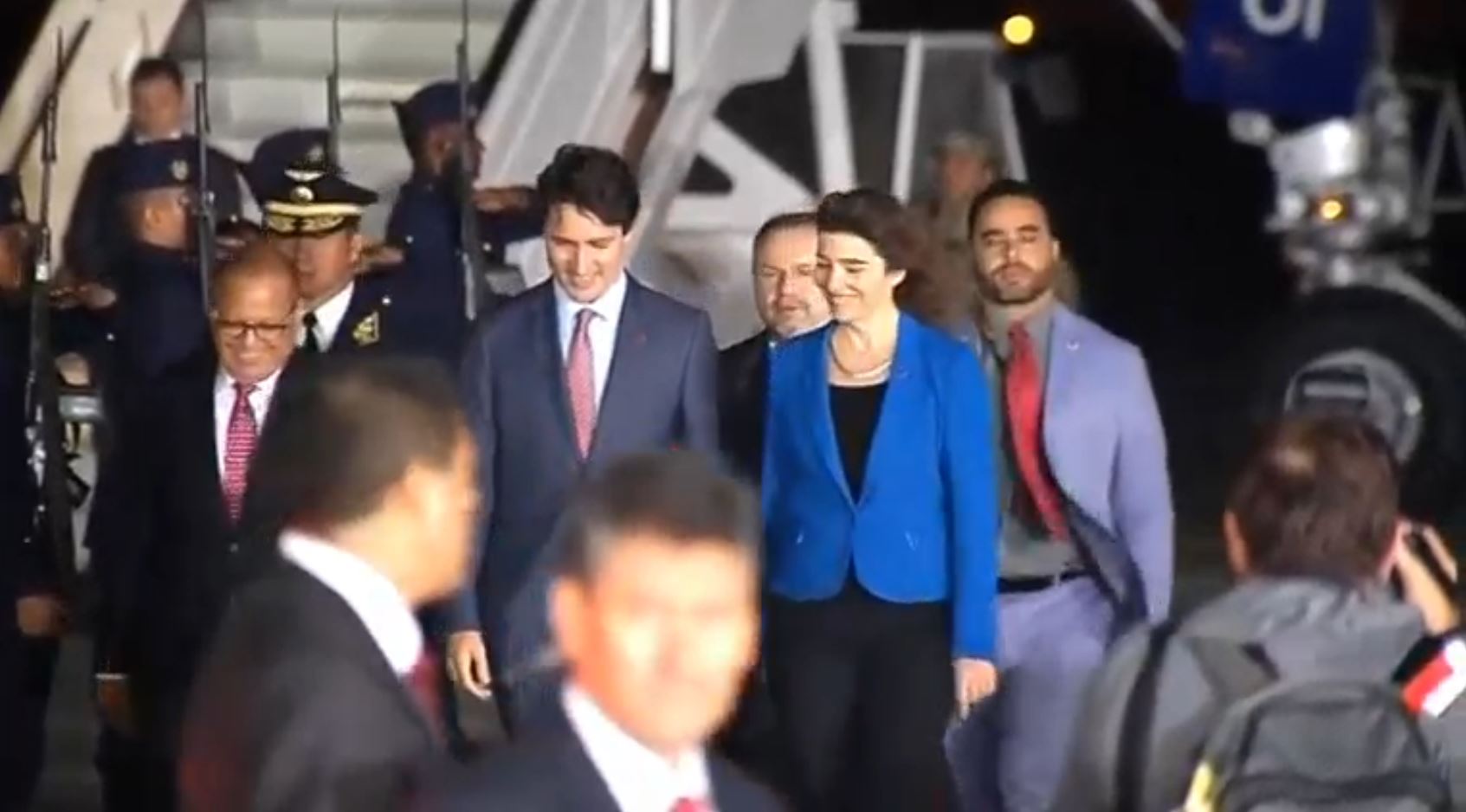
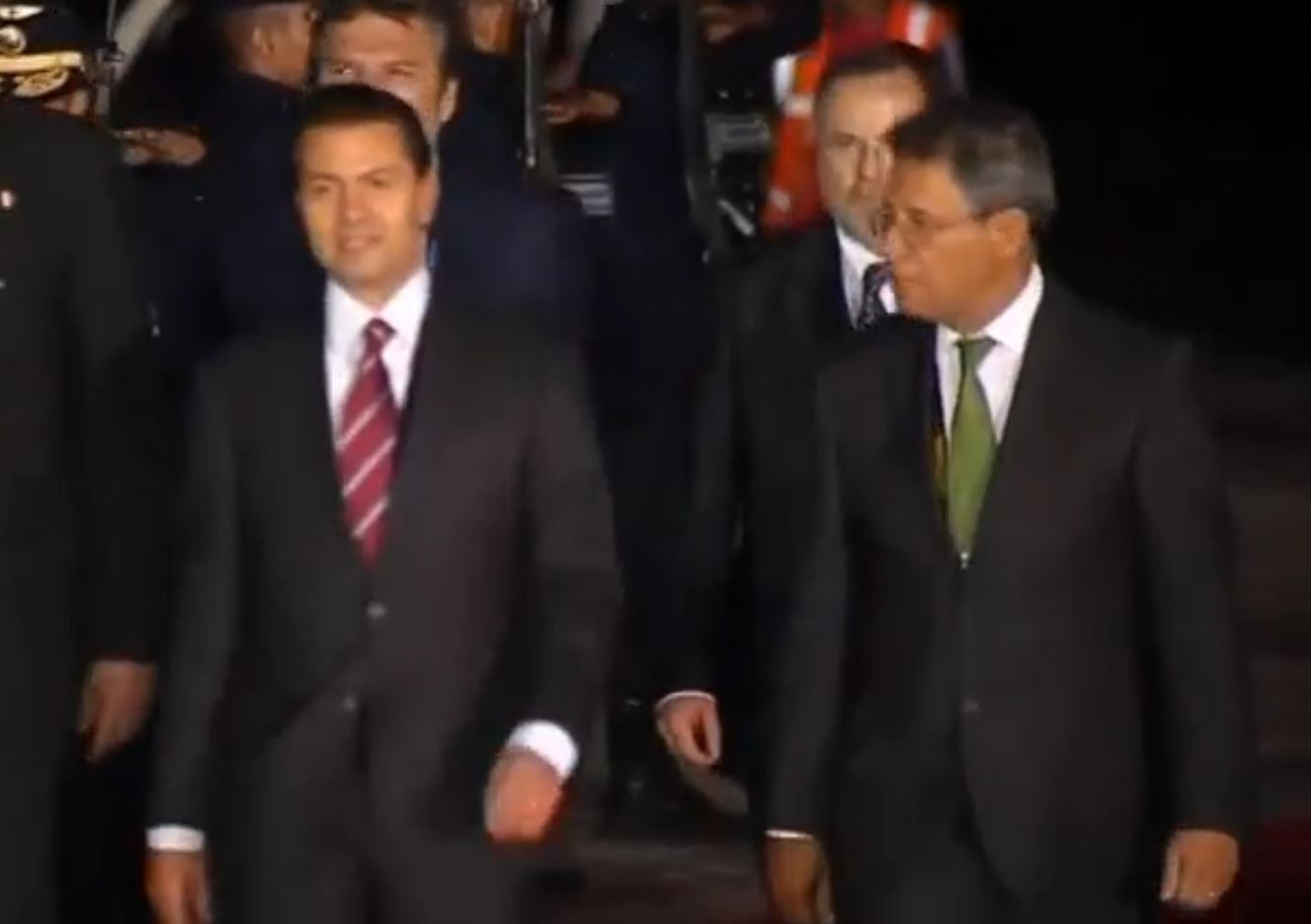
(Reuters) — U.S. President Barack Obama, Canadian Prime Minister Justin Trudeau and Mexican President Enrique Pena Nieto arrived on Friday (November 18) in Lima, Peru where leaders of Pacific rim nations scrambled to find new free-trade options as Donald Trump’s looming presidency sounded a possible death knell for the Trans-Pacific Partnership (TPP).
The Asia-Pacific Economic Cooperation summit that brings together leaders whose economies represent 57 percent of global gross domestic product. Chinese President Xi Jinping had arrived earlier in the day and Russian President Vladimir Putin was due to arrive early Saturday morning.
While campaigning for the presidential election which he won, Trump labelled the TPP a job-killing “disaster” and called for curbs on immigration and steeper tariffs on products from China and Mexico.
Though Obama championed the TPP as a way to counter China’s rise, his administration has now stopped trying to win congressional approval for the deal that was signed by 12 economies in the Americas and Asia-Pacific, but excluded China. Without U.S. approval the agreement as currently negotiated cannot come to fruition.
China’s Xi is selling an alternate vision for regional trade by promoting the Beijing-backed Regional Comprehensive Economic Partnership (RCEP), which as it stands excludes the Americas.
The Obama administration said China would be happy to take over the United States’ role as global free-trade promoter.
Mexico, Japan, Australia, Malaysia, New Zealand and Singapore, however, aim to continue with TPP with or without the United States, according to an interview on Mexican radio with Mexico’s Economy Minister Ildefonso Guajardo.
Peru and Japan, on the other hand, signed a joint statement pledging to work harder to put into force the 12-nation accord.
Alan Bollard, the APEC secretariat’s executive director, said it was premature to write the TPP off, and that excluding the United States could prove difficult.
The 21 members of the APEC have finished a study for a regional free-trade area but will not discuss it until the next annual summit in Vietnam, Peruvian Trade Minister Eduardo Ferreyros said. Both the TPP and RCEP were seen as pathways toward an APEC-wide agreement.
Though most were careful not to criticize Trump directly, leaders at APEC, which ends on Sunday, universally warned of the dangers of turning away from globalization and free trade.


